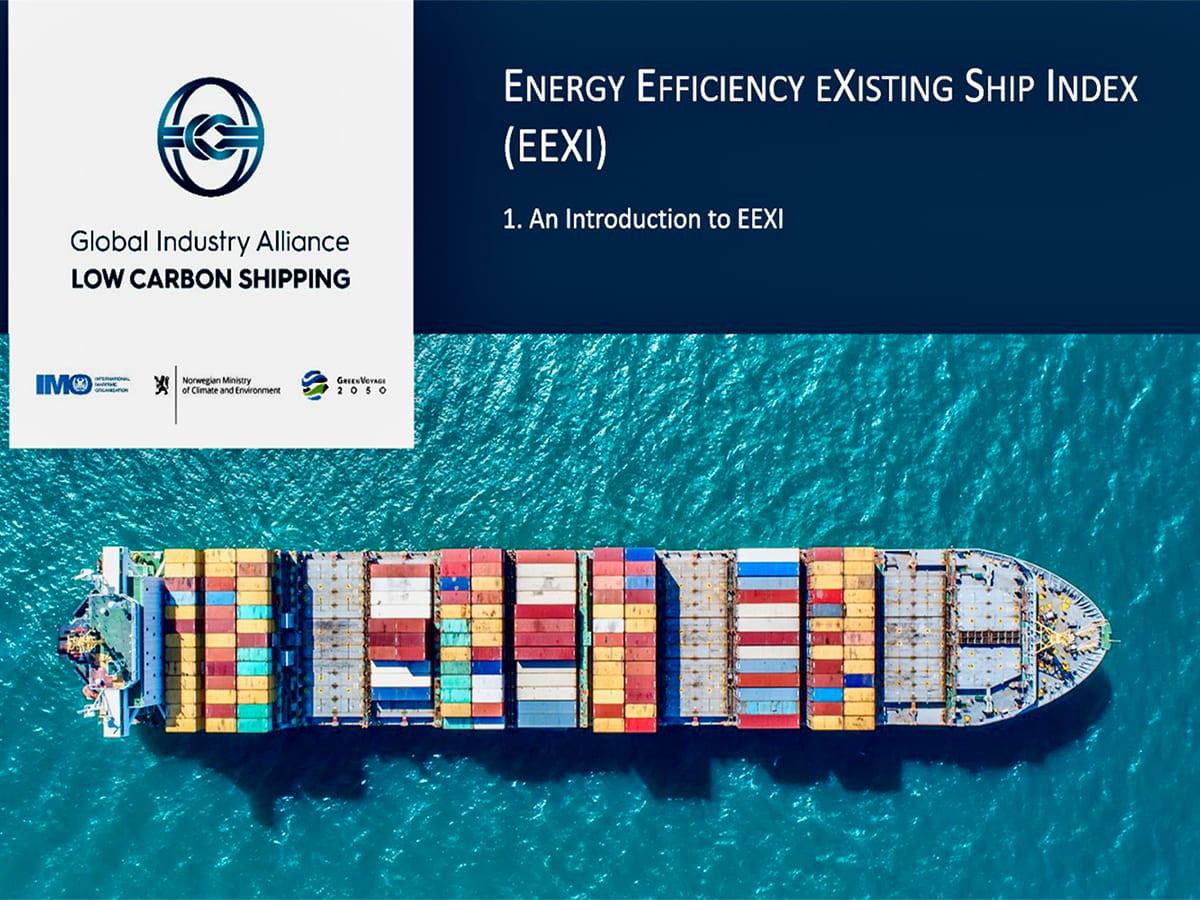
Source: IMO Maritime administration personnel, shipowners and operators can get to grips with the Energy Efficiency eXisting Ship Index (E
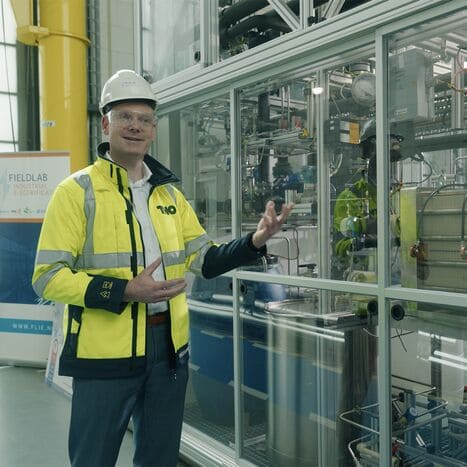
Not only does the machine have a great name – Zeus, named after the Greek supreme god – but it is also going to do impressive things.
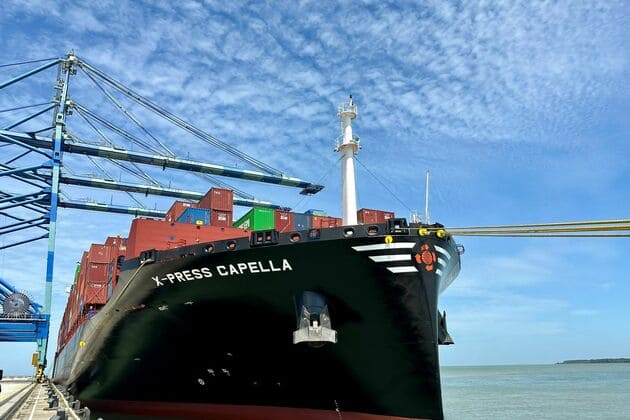
OCI Global and X-Press Feeders have signed an agreement to supply the Singapore shipping company’s new vessels with green methanol i
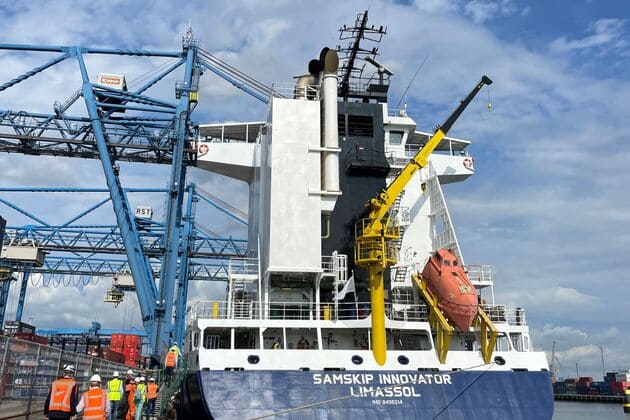
Rotterdam Shortsea Terminals (RST) and shipping company Samskip, in partnership with the Port of Rotterdam Authority, have put into servic
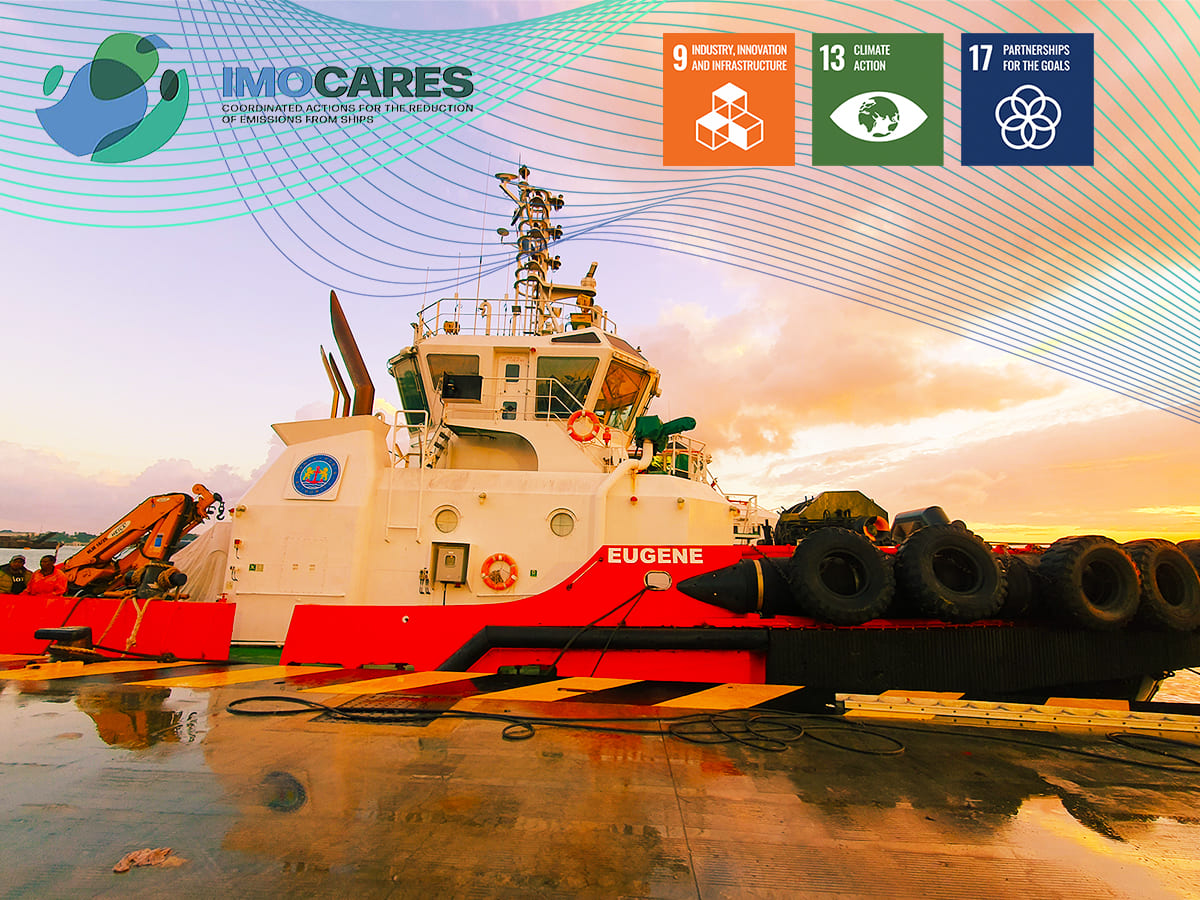
Source: IMO Technology providers from around the globe will be invited to submit innovative decarbonization solutions for ports and domest
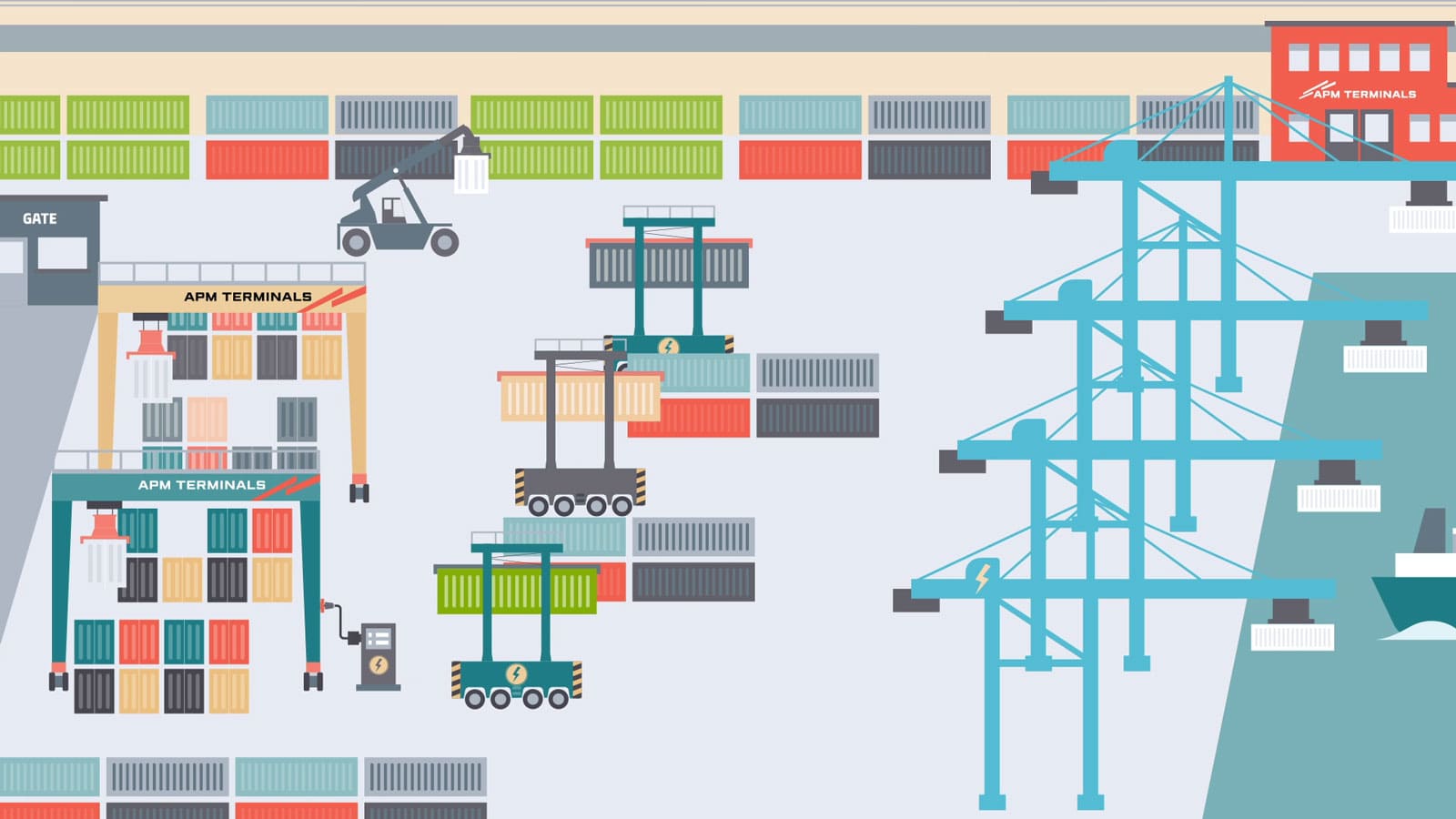
Electric cars are becoming common place on our roads, as fierce competition and economies of scale drive down prices, improve technologies
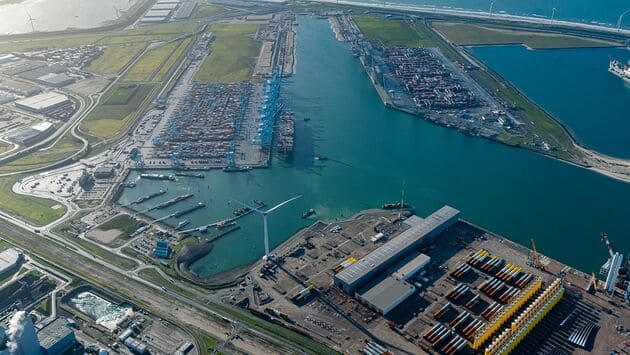
The volume of total cargo throughput in the port of Rotterdam was 5.5% lower in the first half of the year (220.7 million tonnes) than in
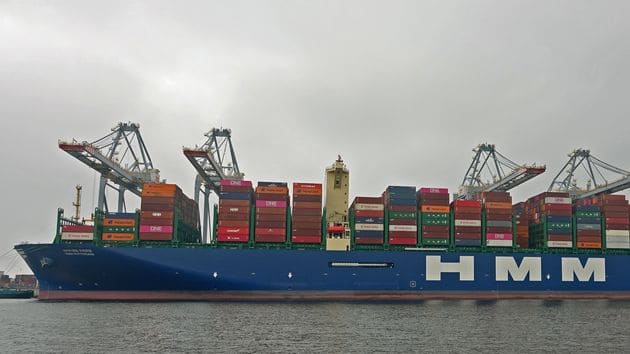
The Port of Rotterdam Authority welcomes the ambition of the International Maritime Organisation (IMO) to be climate-neutral by 2050. The
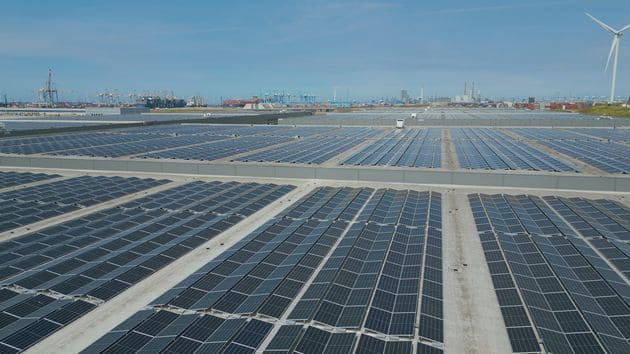
The number of solar arrays on the roofs of large buildings in the port of Rotterdam is rising sharply. On 6 July 2023, the solar park on P
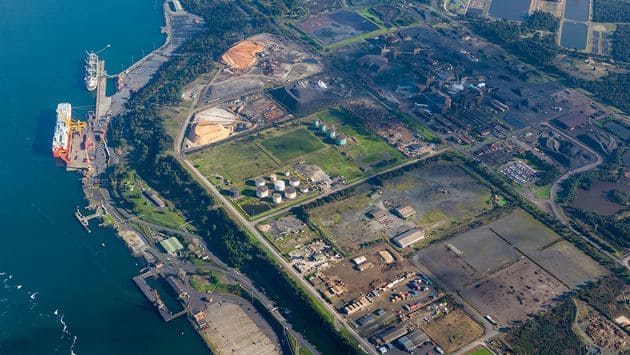
A joint study by the Port of Rotterdam Authority and the Tasmanian government shows that importing green hydrogen from Tasmania, an island